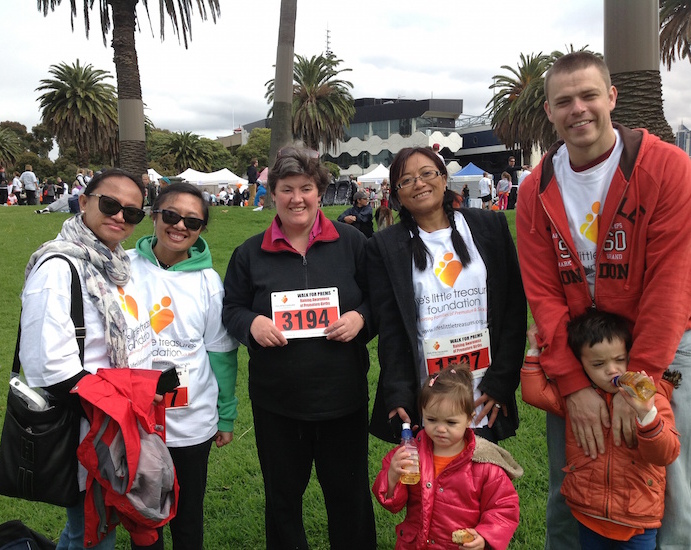I Have Hydrocephalus. Here Are 5 Ways My Loved Ones Can Help Me.
To most people who don’t know me well, I’m just an everyday kind of girl who lives an ordinary life. But most people who know me well know I’ve had hydrocephalus almost all of my 42 and a half years — minus six weeks prior to my catching meningitis and having a ventriculo-peritoneal shunt. These people know I’m required to have neurosurgery at regular, albeit unpredictable, intervals due to shunt malfunctions. I’ve had seven surgeries to date.
What they don’t realize, however, is that hydrocephalus and its consequences affect me every day, every minute of my life. It’s not just a matter of having my shunt repaired and everything is OK again. The effects of continual neurosurgery are cumulative. I’m not the exact same person I was prior to my last surgery. If you think I’ve changed, it’s possible I have. It’s brain surgery, after all.
They also don’t realize I have to put in extra effort to appear “normal” and do what many people take for granted. That means trying to hide my limp and lack of vision due to my lazy eye. It means smiling even though I might have a splitting headache. It might mean having to modify my activities to compensate for my poor short-term memory or poor visuo-spatial skills (I get lost easily). These issues make life just that bit more difficult for me.
But the most important thing they might not realize is what hydrocephalus is: a chronic condition, something I’ll have for the rest of my life. The fear of waking up any day and being in the hospital with a shunt malfunction and requiring surgery within a couple of hours is something I confront every day. This is emotionally draining.
My loved ones often don’t talk about these things, but it would put me at ease if they did. By doing this, they would show me they care and have my back.
Here are a few other ways my loved ones can help me.
1. Understand I’ll have bad days when my head hurts and I feel nauseous. If I decline an invitation to do something or don’t seem like myself, don’t be offended. Ask what you can do to help me.
2. Allow me to do things in my own time and in my own way. My physical disabilities affect me in many ways, including inducing fatigue. Don’t assume I’m just being lazy.
3. Have patience with me. My short-term memory isn’t brilliant. Don’t get exasperated or upset if I need something repeated or ask the same question more than once.
4. Don’t challenge me to find my own way to a new place. I have a directional disability. Give me a map, write down directions or better yet, come with me!
5. Most importantly, treat me like you would any other friend — with respect, dignity and love. You won’t regret it!

